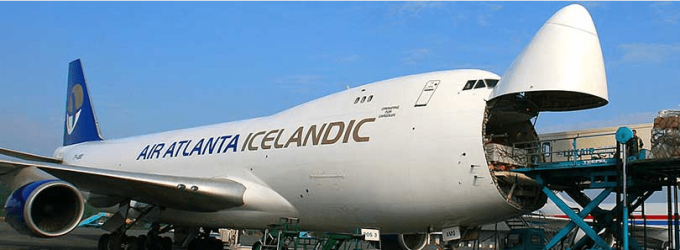Kenya Airways eyes bigger freighters to cope with demand
A booming African market is sending Kenya Airways to get out its orderbook to acquire ...

Air Atlanta Icelandic is preparing to add two 747-400 aircraft to its freighter fleet.
The ACMI provider has always pursued a twin strategy of operating freighters as well as passenger aircraft, but for the near future, it’s all about the cargo planes.
“Freight is our lifeline now. ...
Four crew members still missing as Wan Hai 503 continues to burn
Explosions and 'out-of-control' fire reported on Wan Hai box ship
Predatory rivals circle as the ripples from DSV's Schenker buy widen
MSC Elsa crew face criminal probe, as Wan Hai 503 firefighters battle on
'It's driving us mad', say forwarders as US court fails to end tariff turmoil
Transpacific rates ease as capacity boost proves too much for trades to digest
European port congestion easing – for now
CMA CGM 'testing the water' of the Suez Canal for more services
Flexport: Sanne Manders talks profitability, fire-sales and Dave Clark
More legal trouble in India for MSC: feeder vessel detained after box ship disasters
DSV insiders hit back at Kuehne & DHL GF – got a 'pro integration' going
Latest Israeli attack on Iran a threat to box ships in Straits of Hormuz

Comment on this article